The Poppy War Series: My Review
The Poppy War Series by R.F. Kuang: My Review
Introduction:
Introduction: Another day another review. Following on from my review of Babel, I will be reviewing The Poppy War, also by R.F. Kuang- I have a bit of an obsession at the moment!
I picked up the Tiktok Sensation after, surprise surprise, seeing it toted on Tiktok as the Historical Fantasy Debut of the year. This book was everywhere on social media, and after I found out the trilogy had concluded with the third book The Burning God, and none of the bloggers were threatening to string up the author by her ears, I decided to give it a go.
ABOUT THE BOOKS
SYNOPSES:
THE POPPY WAR:
Winner of the Reddit Fantasy Award for Best Debut 2018
‘The best fantasy debut of 2018’ WIRED
A brilliantly imaginative epic fantasy debut, inspired by the bloody history of China’s twentieth century and filled with treachery and magic.
When Rin aced the Keju – the test to find the most talented students in the Empire – it was a shock to everyone: to the test officials, who couldn’t believe a war orphan from Rooster Province could pass without cheating; to Rin’s guardians, who had hoped to get rich by marrying her off; and to Rin herself, who realized she was finally free from a life of servitude. That she got into Sinegard – the most elite military school in Nikan – was even more surprising.
But surprises aren’t always good.
Because being a dark-skinned peasant girl from the south is not an easy thing at Sinegard. Fighting the prejudice of rival classmates, Rin discovers that she possesses a lethal, unearthly power – an aptitude for the nearly-mythical art of shamanism. Exploring the depths of her gift with the help of psychoactive substances and a seemingly insane teacher, Rin learns that gods long thought dead are very much alive – and that mastering these powers could mean more than just surviving school.
For while the Nikara Empire is at peace, the Federation of Mugen still lurks across a narrow sea. The Federation occupied Nikan for decades after the First Poppy War, and only barely lost the continent in the Second. And while most people calmly go about their lives, a few are aware that a Third Poppy War is just a spark away…
THE DRAGON REPUBLIC:
The searing follow-up to 2018’s most celebrated fantasy debut – THE POPPY WAR.
Rin is on the run…
Haunted by the atrocity she committed to save her people, addicted to opium, and driven by the murderous commands of Phoenix, the vengeful god who has blessed Rin with her fearsome power.
Rin’s only reason for living is to get revenge on the traitorous Empress who sold her homeland, Nikan, to her enemies.
With no other options, Rin joins forces with the powerful Dragon Warlord, who has a plan to conquer Nikan, unseat the Empress, and create a new Republic. She throws herself into his war.
After all, making war is all she knows how to do…
THE BURNING GOD:
The exciting end to The Poppy War trilogy, R.F. Kuang's acclaimed, award-winning epic fantasy that combines the history of 20th-century China with a gripping world of gods and monsters, to devastating, enthralling effect.
After saving her nation of Nikan from foreign invaders and battling the evil Empress Su Daji in a brutal civil war, Fang Runin was betrayed by allies and left for dead.
Despite her losses, Rin hasn’t given up on those for whom she has sacrificed so much – the people of the southern provinces and especially Tikany, the village that is her home. Returning to her roots, Rin meets difficult challenges – and unexpected opportunities. While her new allies in the Southern Coalition leadership are sly and untrustworthy, Rin quickly realizes that the real power in Nikan lies with the millions of common people who thirst for vengeance and revere her as a goddess of salvation.
Backed by the masses and her Southern Army, Rin will use every weapon to defeat the Dragon Republic, the colonizing Hesperians, and all who threaten the shamanic arts and their practitioners.
As her power and influence grows, will she be strong enough to resist the Phoenix’s voice, urging her to burn the world and everything in it?
MY REVIEW:
My Rating
★★★★★
First, I want to mention how immediately this series sucked me in. From the setting to the character of Fang Runin, I was bewitched by Nikara from the start. In the beginning, it gave me serious Name of The Wind Vibes, the hardcore studying Rin did to get into Sinegard, paired with the eccentric Master Jiang had me right back in Rothfuss’ academic setting for Name of The Wind, so much so that it was at times jarring. I LOVE so many of the characters in this series, even though most of them are completely and utterly corrupt. I found myself longing after Nezha and Altan right alongside Rin, as well as falling slowly in love with Kitay’s sound logic, unrelenting consistency, and his undying loyalty to Rin despite the atrocities she regularly commits throughout the narrative.
I also adored the magic system in this world. Rin’s struggle at first to connect with The Phoenix through Shamanism, and then her ongoing struggle to restrain its power was fascinating and highlighted not only the character’s personal issues, but drug related topics that are common among the history of Eastern cultures such as Japan and China. I felt these books really took the characters right to the edge, and though betrayals happened often and without second thought, I still found myself gaping at some of the plot twists Kuang managed to pull off. The political system managed throughout the books is masterful, and it feels as though these events really happened, rather than fell out of an author’s mind because the way the pieces move around the board is simply so complex and intricate. By the time I got to Book Three- The Burning God, I felt real kinship with Rin, and was upset every single time things didn’t go her way. That’s quite a feat to achieve after that very same main character has committed genocide and multiple atrocities along the course of her journey to power.
I thought the romance undertones in this novel were well done if not subtle, and many times I felt Rin’s feelings and understood them before she did, which makes sense as in this area the character can come across as incredibly naïve. It said a lot that a character who has been through so much violence, and caused so much death, could still flinch from the thought of physical intimacy right through to the end of the third book. This was a masterful stroke by Kuang, showing how though Rin had become formidable in so many ways, in some ways she was still innocent and child-like.
Other than Rin, one of the female characters I loved the most was Venka. I felt like she was such a feminist posterchild after surviving multiple rapes, self-imposed abortion, violence, and disgrace at the hands of men she barely even knew. Her strength, despite a lack of magical ability, was seriously incredible to watch as I loved seeing her come back to herself during the third book.
Kuang’s future work Babel, might also find a home in corners of this series, with the Hesperian’s representing the English Imperialists of the 18th Century. I found the Hesperian’s representation fascinating, and particularly interesting when we are exposed to the way in which they occupy a Nikaran city during the third book. Rin is so unused to their supposedly ‘more civilised’ ways, she is startled by their noisy technology and their imposed cleanliness, by their frivolous way of living and superior ideology. She claims that the city seems as though it was picked up from their lands and planted over the top of the existing one, and she feels entirely out of place as she finds people who had once belonged to her country speaking another language after mere months of occupation. It is especially interesting when Kitay, one of the most intelligent characters of the series, asks Rin- What if they simply are more civilised than us. What if their technology and their rules on hygiene, and their doctrines are a better way to live? He can see the benefits of their way of life, but not the economic factors which have led to their ability to develop leading him to consider the mindset of his own captors, that they are superior because of divine factors and not situational ones.
To conclude, and as with all of Kuang’s work, there is much more that could be said here. In fact, I could probably write a book about the layers upon layers of clever planning and meticulous thought that have gone into the creation of this story. I am glad I waited until all three books were out in this trilogy as having to hang in there between books 1 and 2 and then 2 and 3 would have been unbearable. I binged this series in two halves and found myself not wanting to leave the world of Shamans, Provinces, Empresses, and Republics when it was all over. The conflict and tension didn’t give up for a second, and just when you thought Rin couldn’t bear any more suffering or rise from a deeper pit of despair, she proved you completely wrong. Pick up this book if you love high fantasy or epic fantasy with unique lore and refreshing, underrepresented cultures. More than that, pick it up if you simply are looking into a white-knuckle story that will take you to both the highest of highs and the lowest of lows. I can’t recommend this enough, and I can’t wait to do a re-read soon so I can experience it all again for myself.
THE POPPY WAR SERIES AESTHETIC BOARD
YOU MIGHT ALSO LIKE
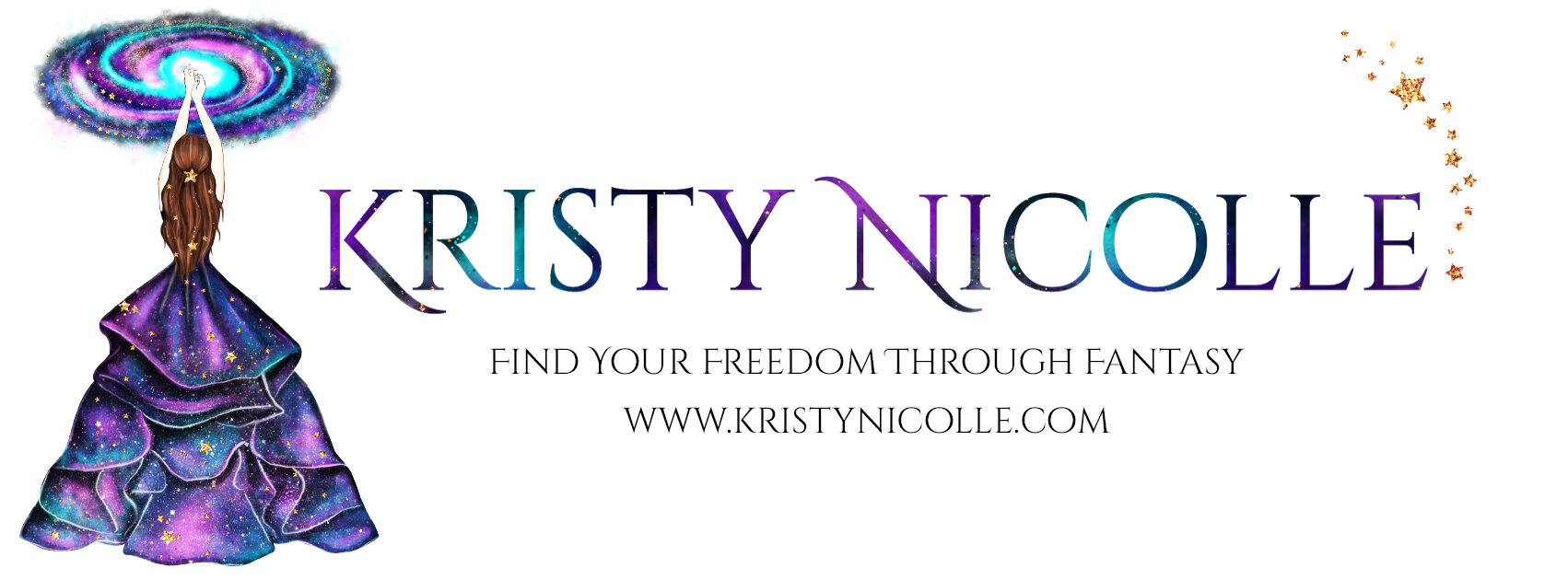


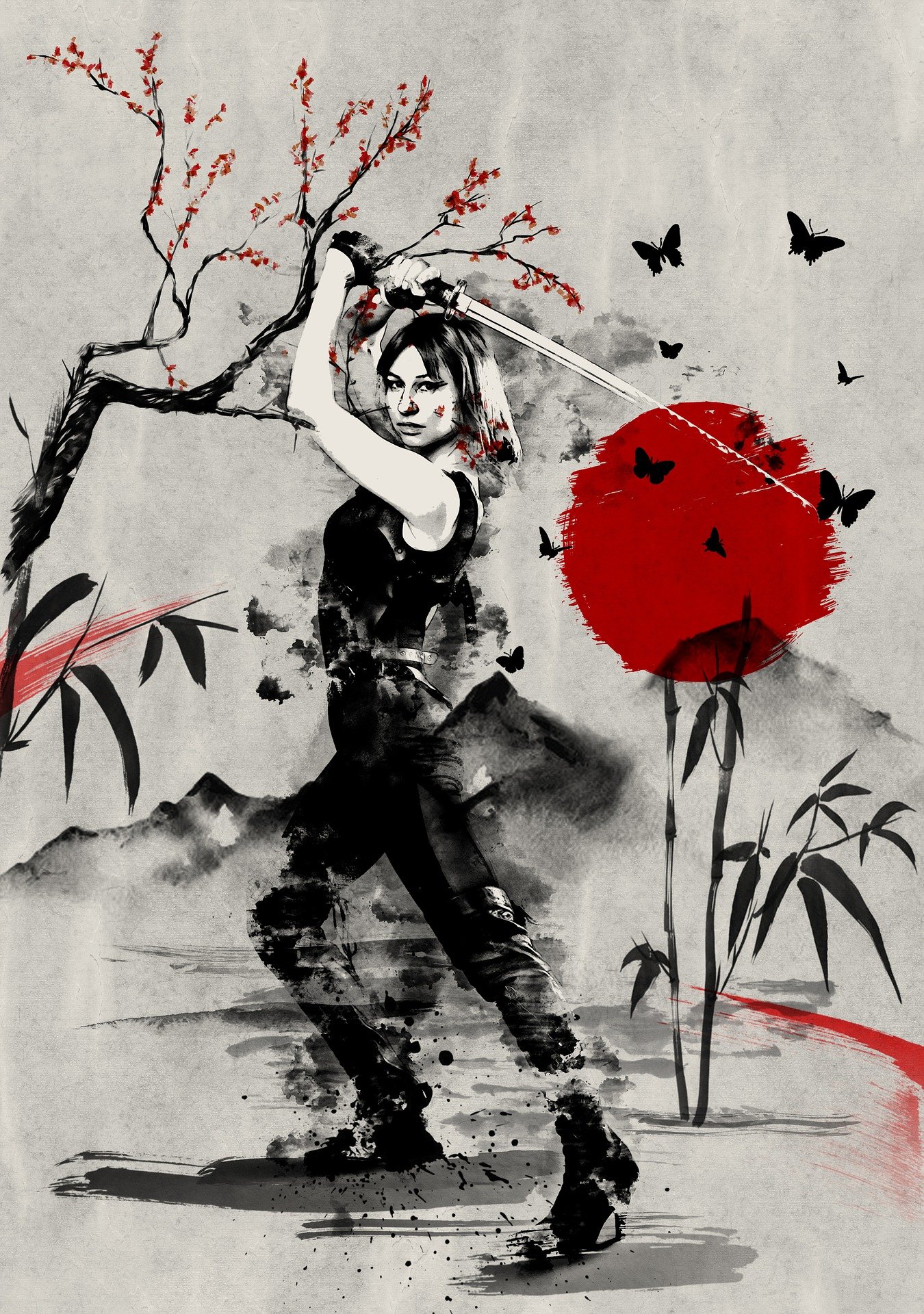

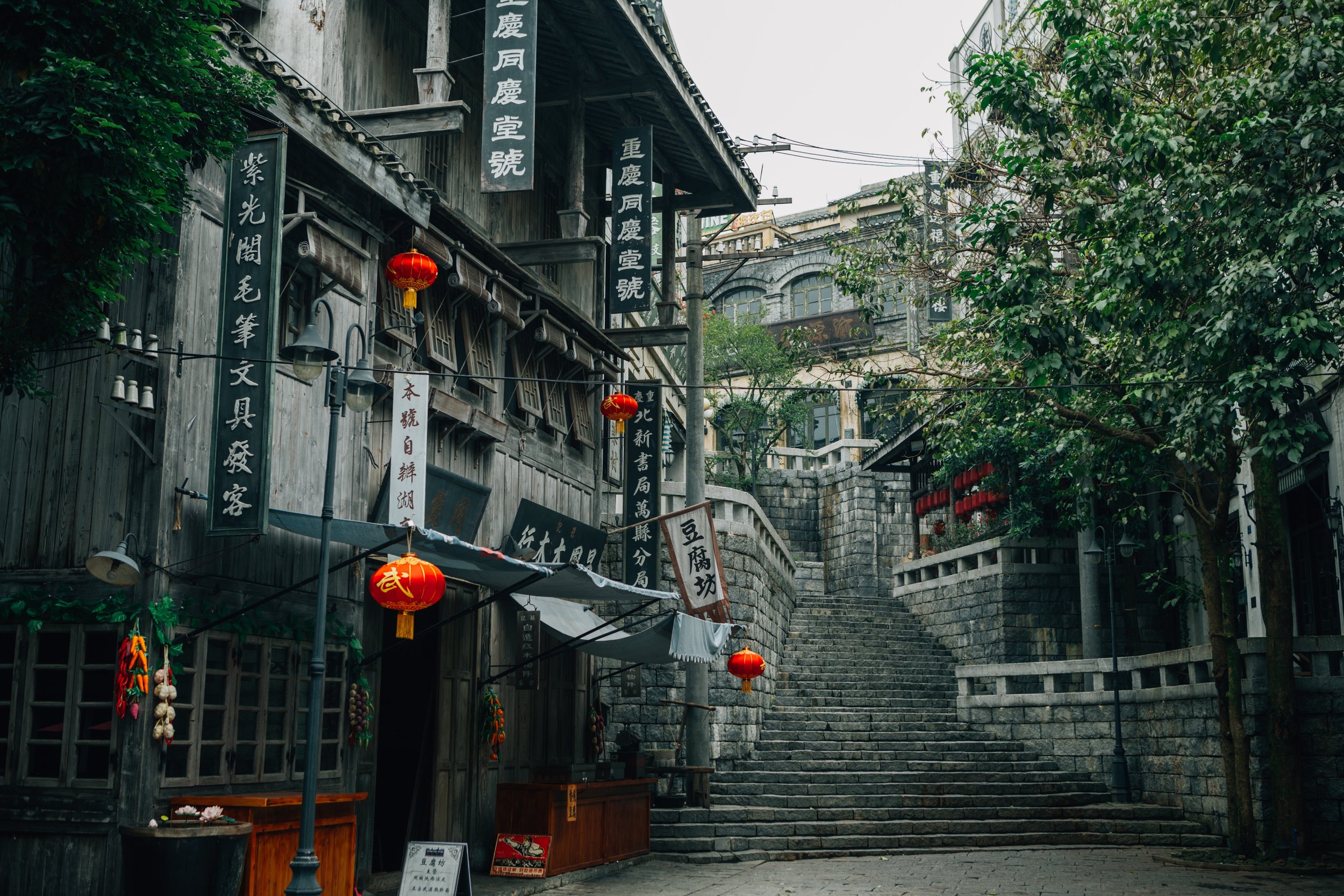
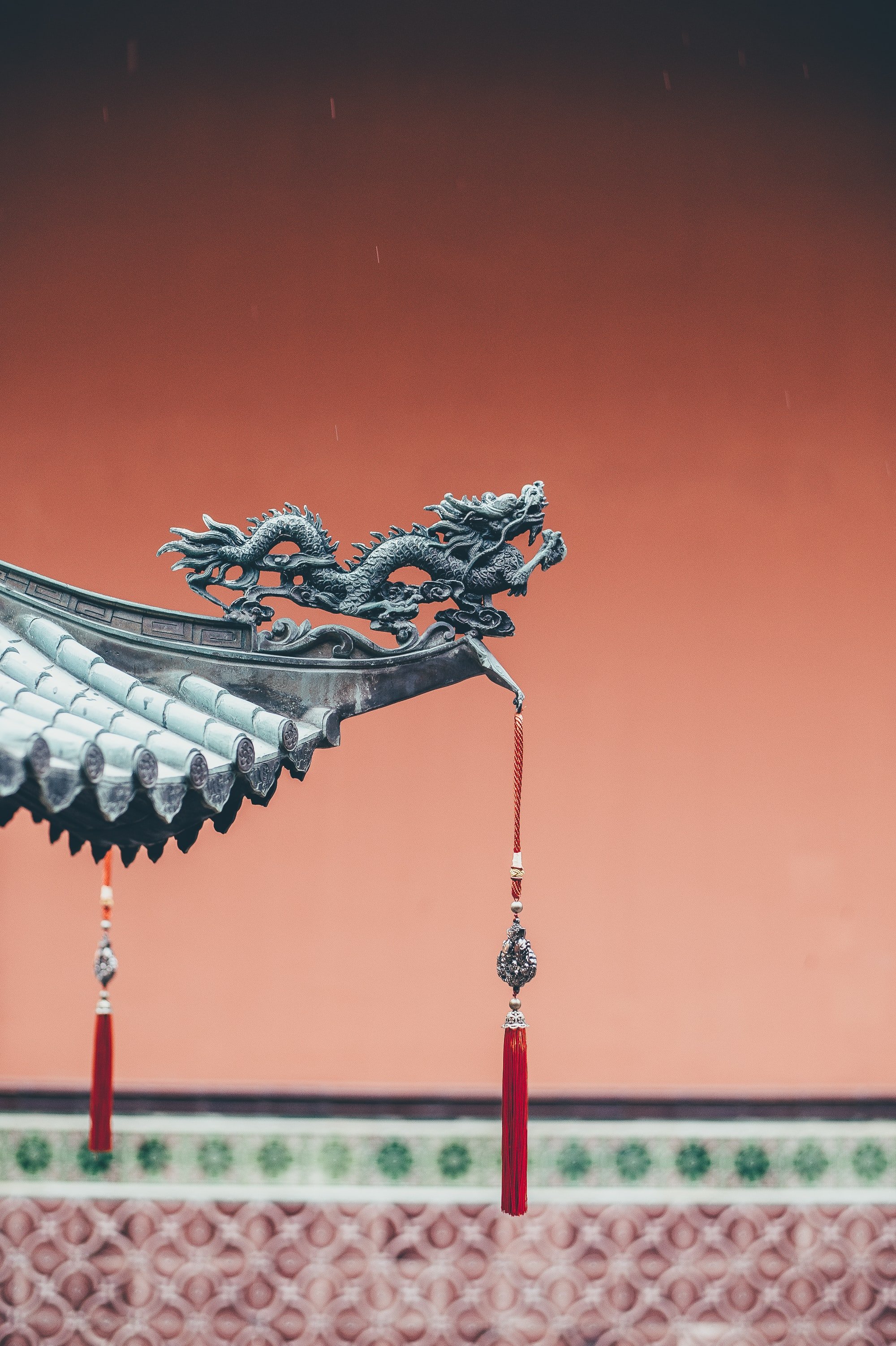
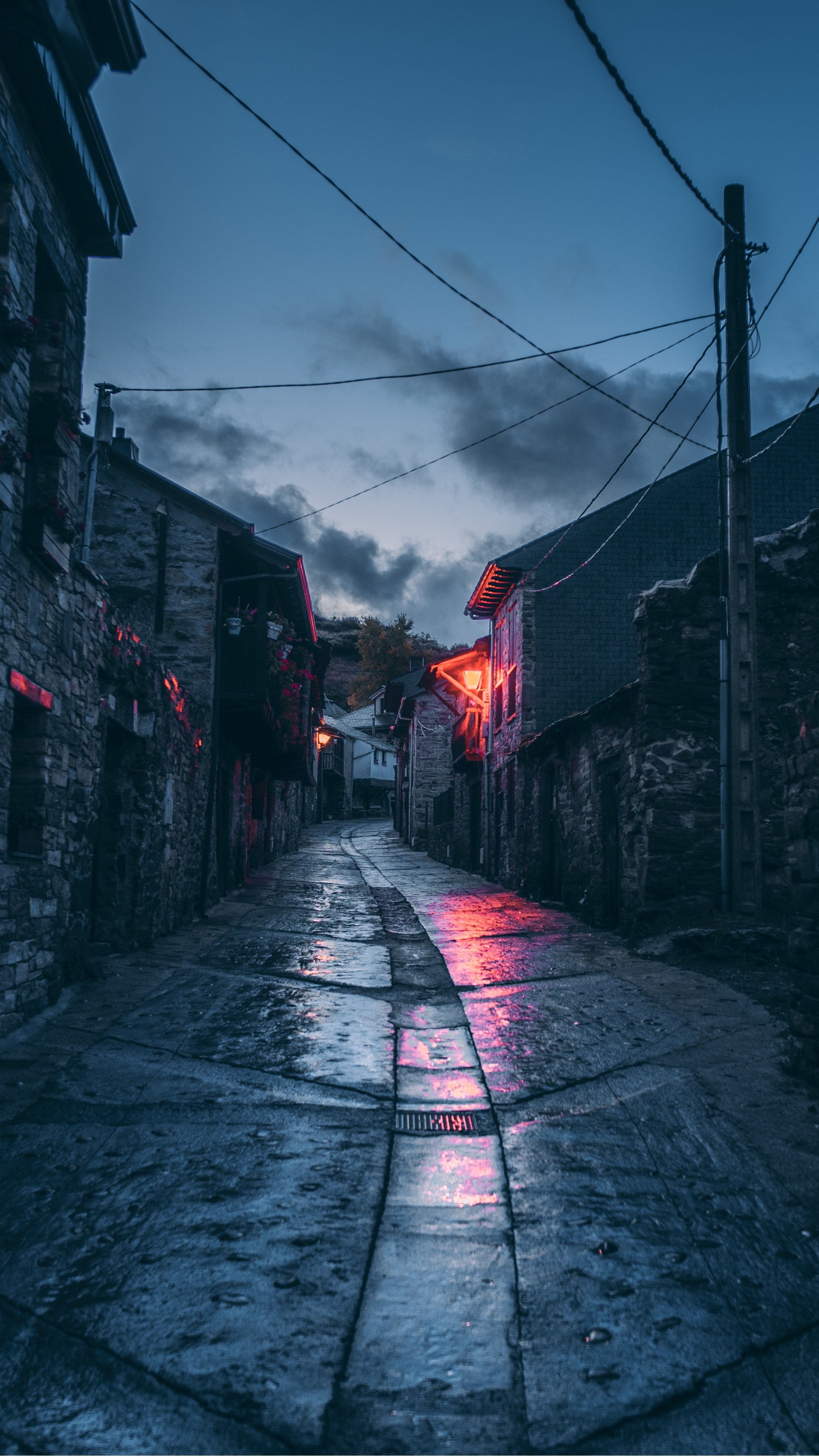

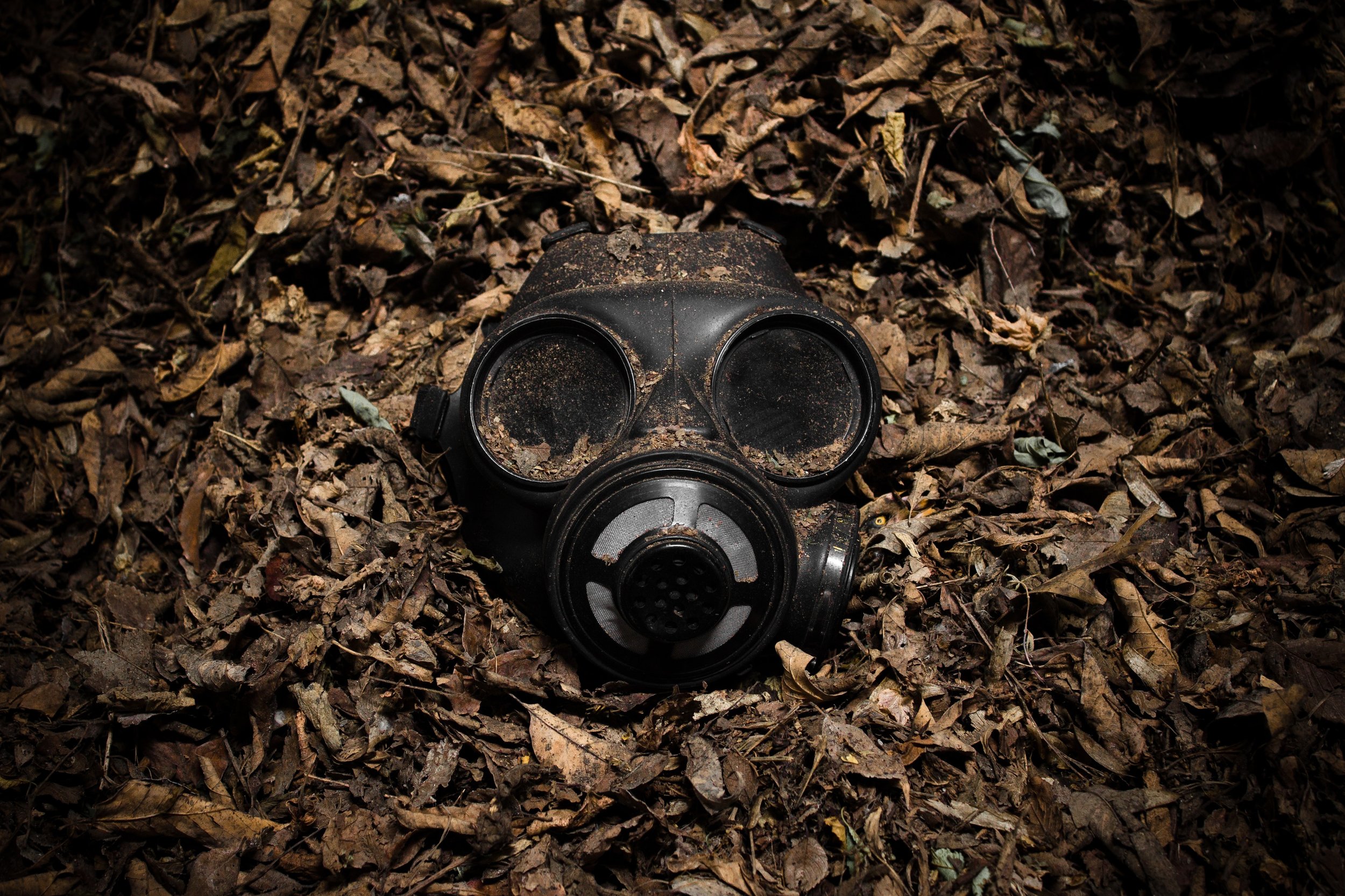
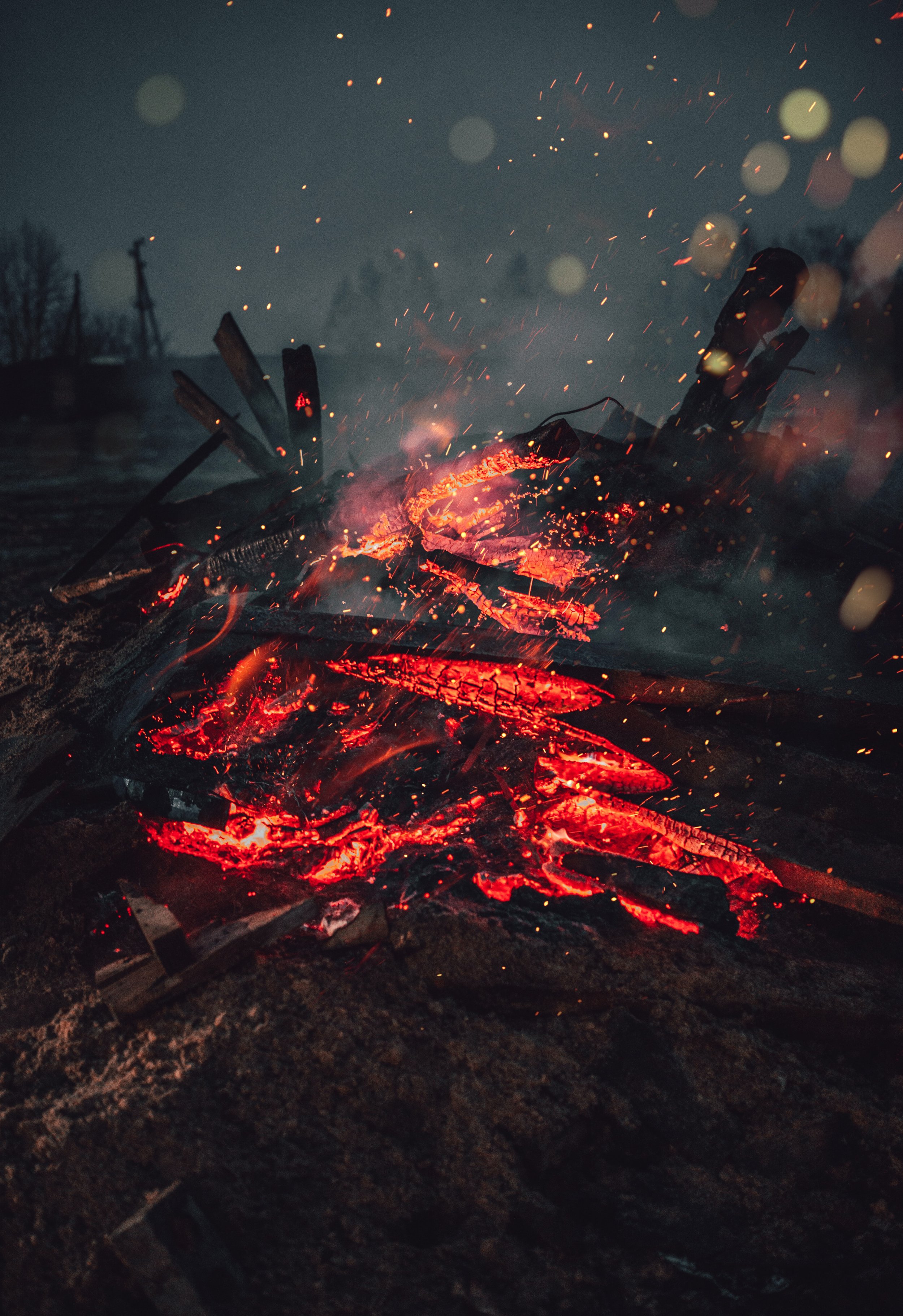

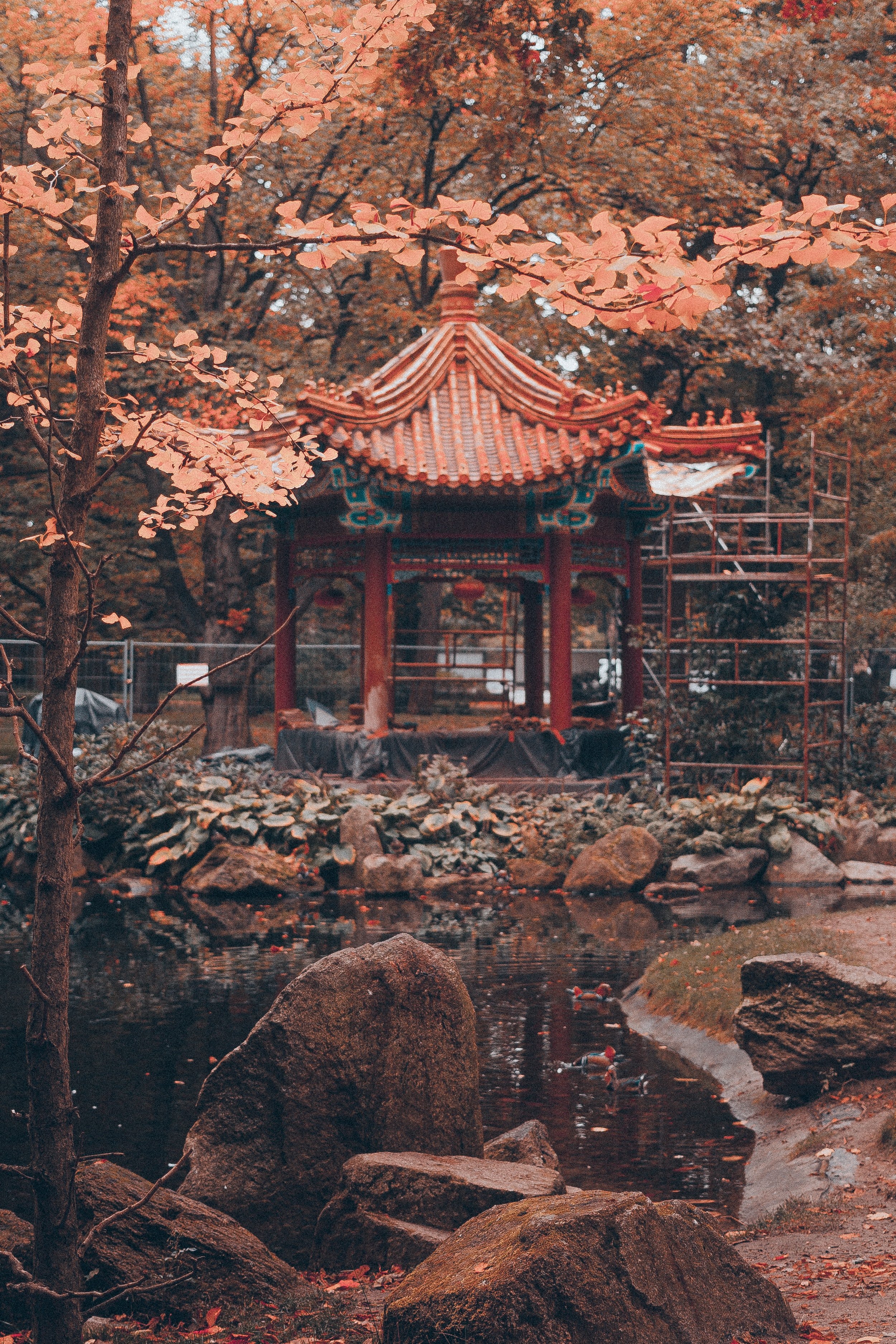
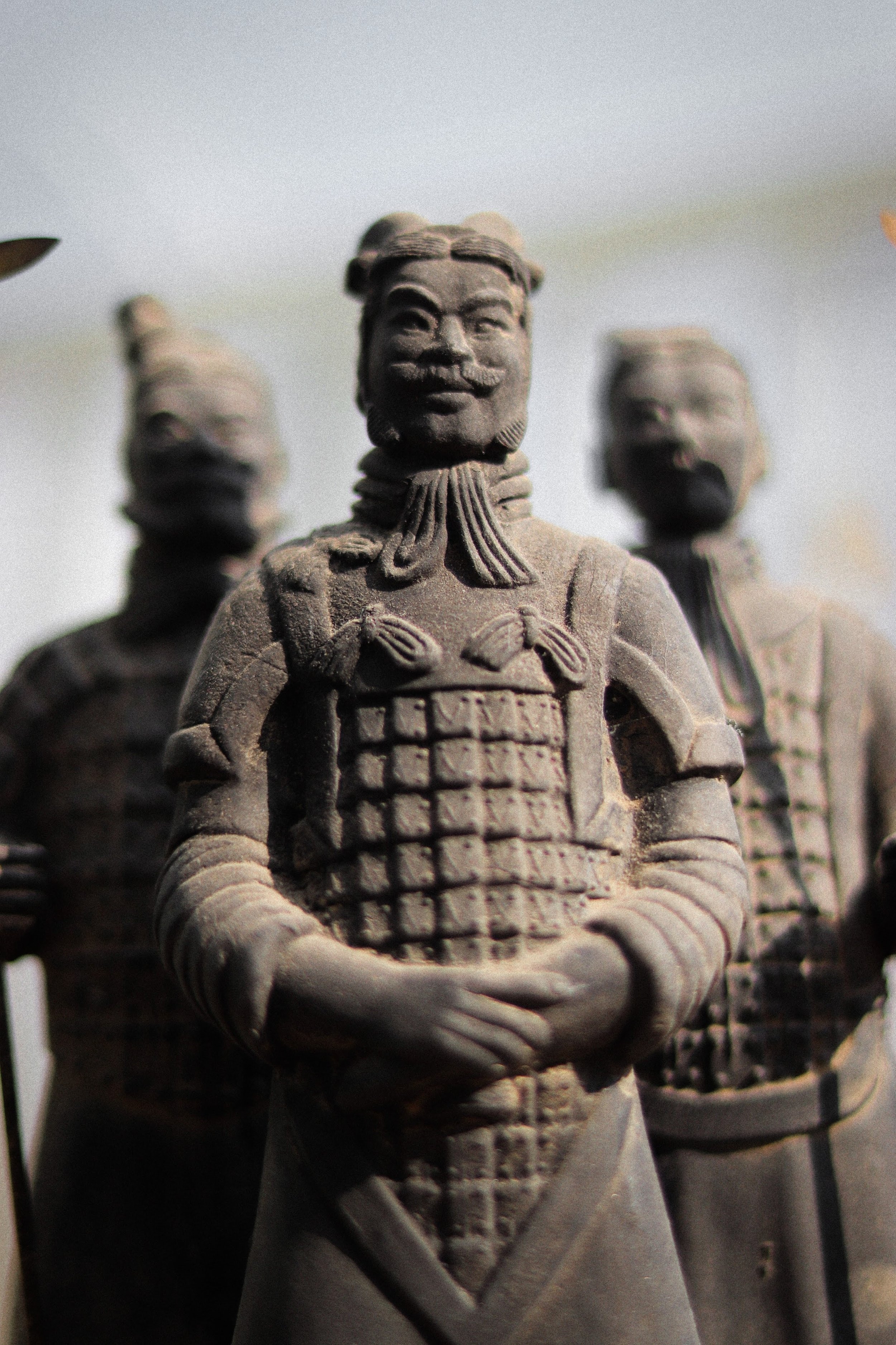

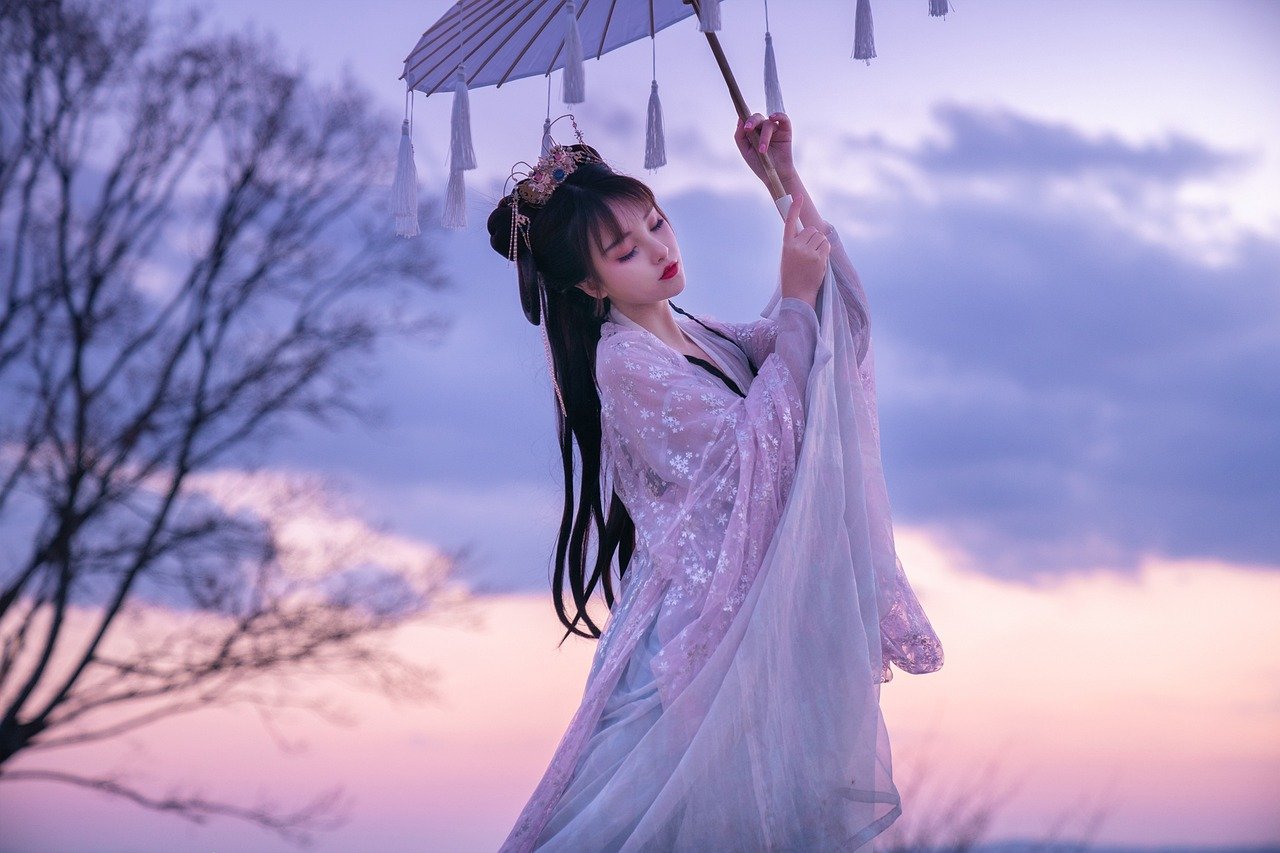
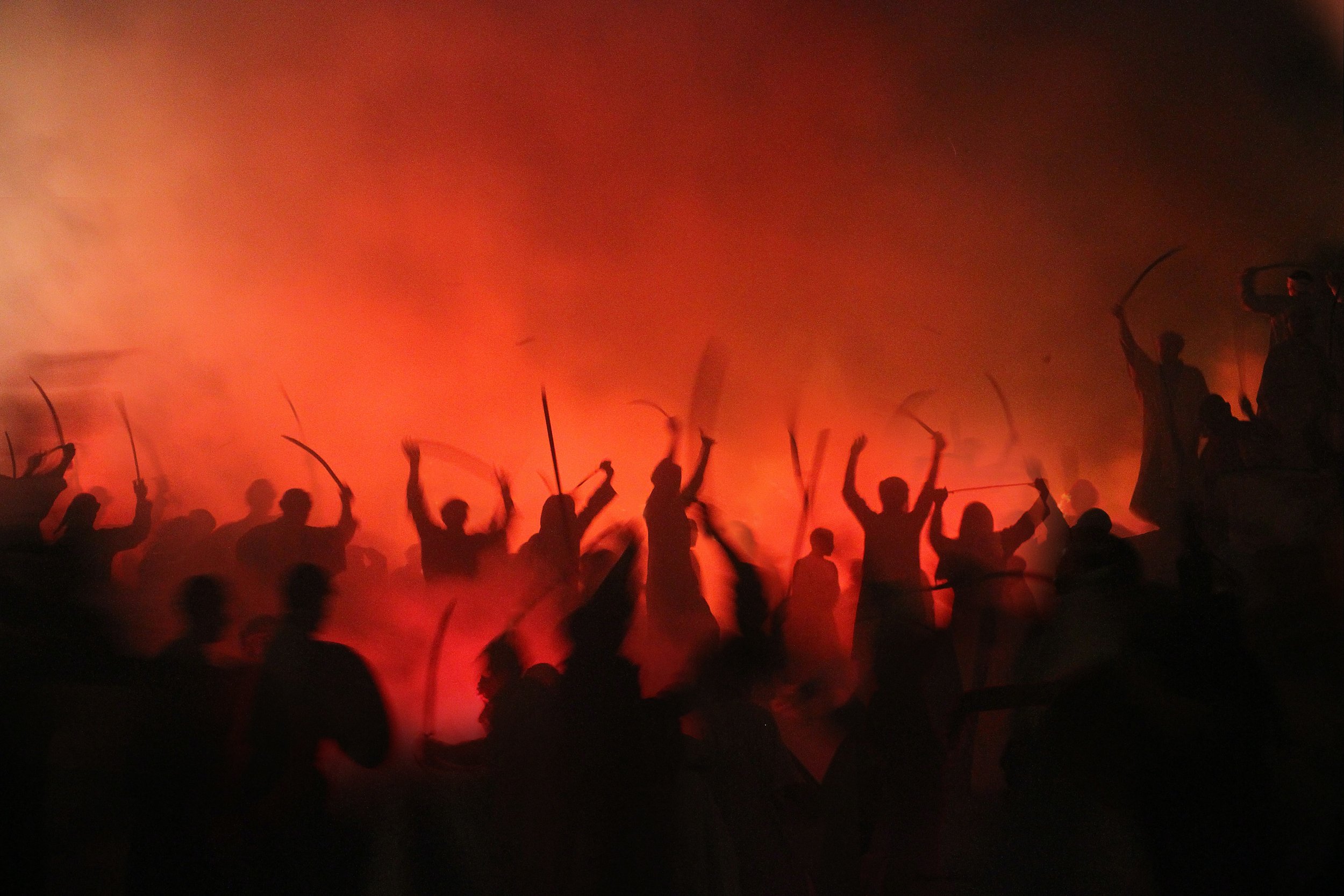



When I told my Barista, Jess, that I was looking for a long series to hold my attention, she was flabbergasted to discover I’d never read the Sookie Stackhouse novels, or seen the show True Blood, which is based off them. In between customers who had come in for their daily dose of Botany and Beans magic, she got up google and started showing me some of the ovary-busting hotness that is the male half of the True Blood cast. Colour me intrigued. I found myself downloading the first book there and then, right in the coffee shop. This is my review of the first instalment, Dead Until Dark.